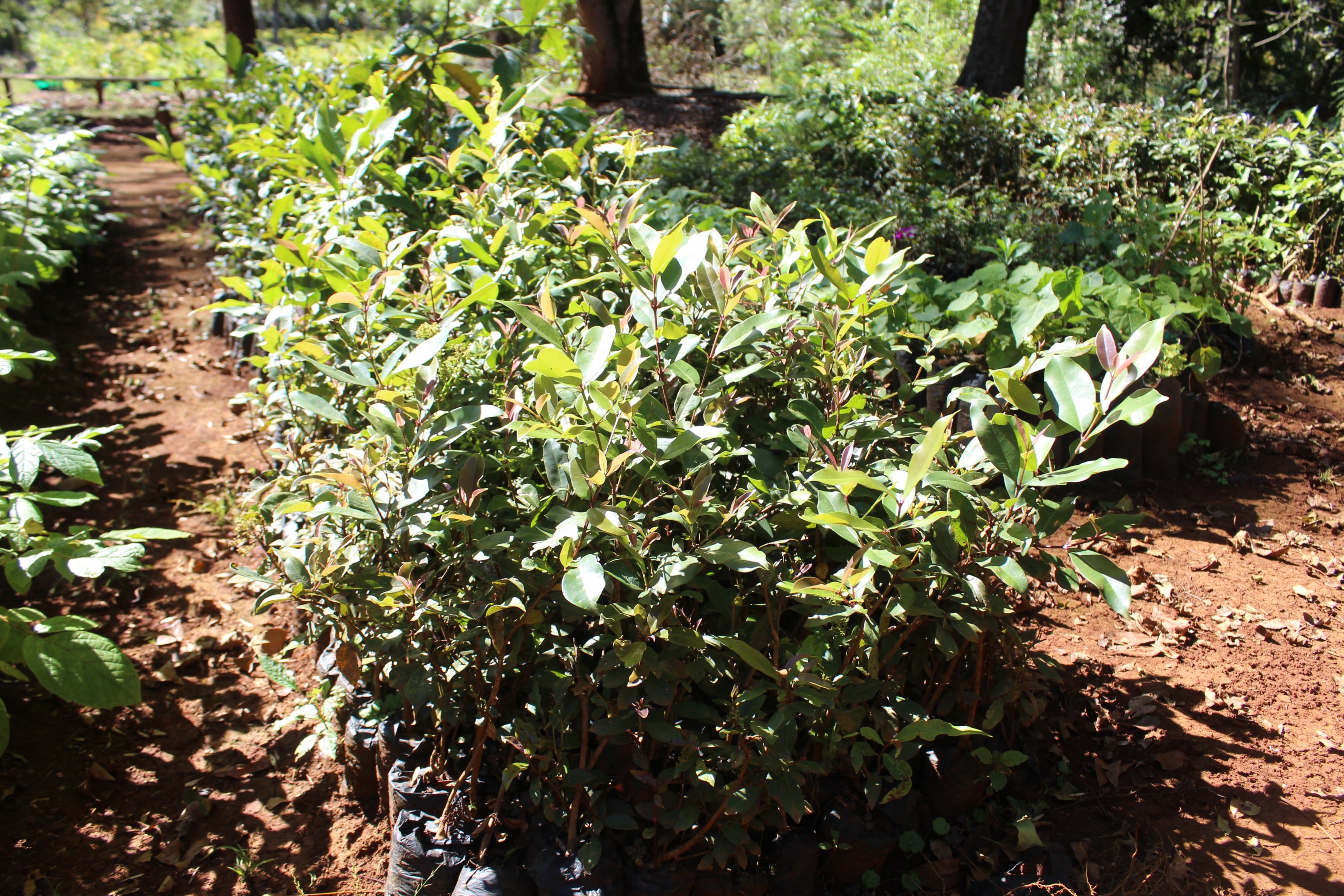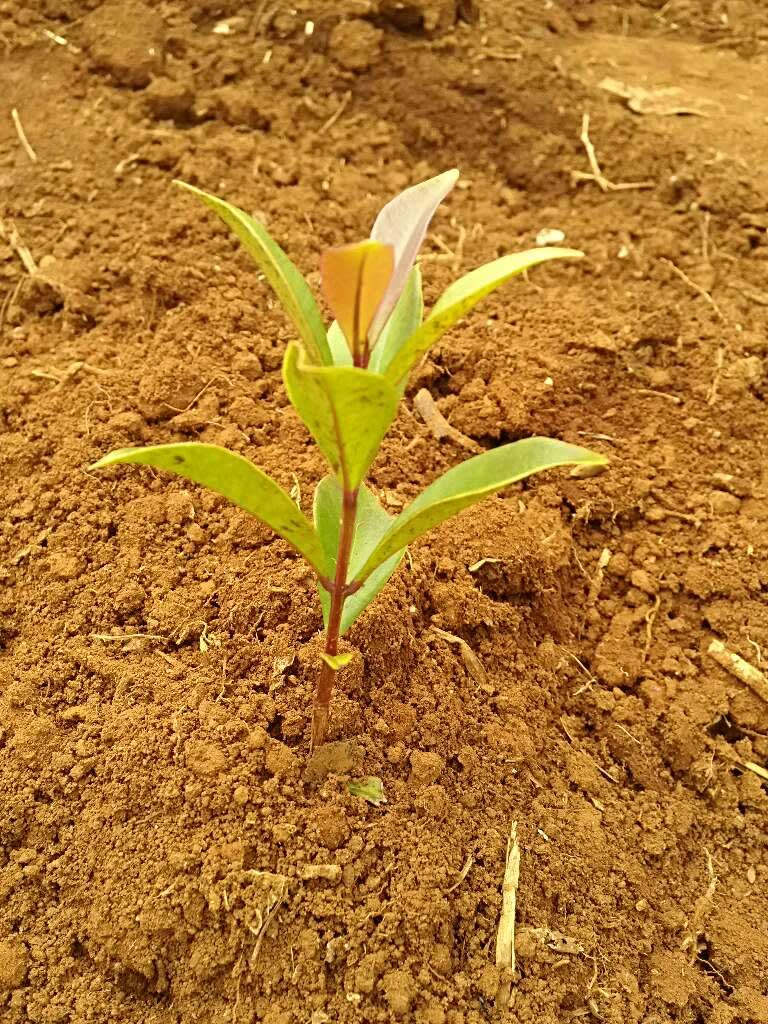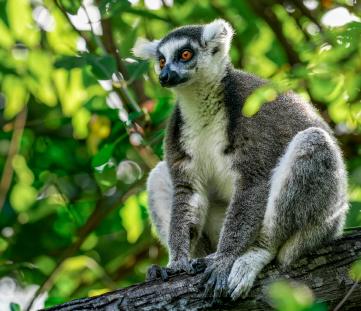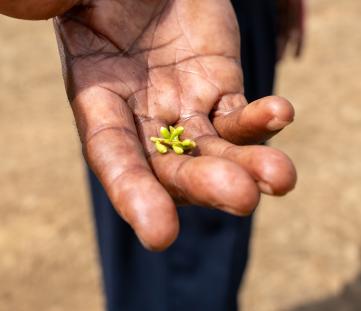ID: RJ5-V53
ID: RJ5-V53
Alisabella
Syzygium guineense
Photo
Kenya
09:44 - 20°C
My connections
My ID card
Who am I?
Date of birth
02/14/2020
Also known as
Alisabella
Name
Water Pear
Tree
Water Pear
Where am I located?
Country
Kenya
Place of birth
Embu
Coordinates
0° 20′ 52.25″ S
37° 27′ 7.05″ E
/37.451958039937,-0.34784697383722,0/500x333@2x?access_token=pk.eyJ1IjoidG9tbWFzb3NwZXJvbmkiLCJhIjoiY2tnOTE3eW12MDJqazMybXNzOWV1YjloOSJ9.wtGsuDU7XIKjcv2cq8CiXw&logo=false&attribution=false)
My Timeline
The important moments in your tree's life.
Seed
It all starts with a tiny seed, nice and warm in the soil.
Nursery
Your seedling is big enough to be welcomed into one of our nurseries, along with many others.
Planted
We’re here! Your tree has reached its new home: it’s been planted by a smallholder, who’ll take care of it for years to come.
Photo
Strike a pose! Now that it’s big enough, here’s a photo of your tree!
My Gallery
Nursery

Planted
/37.451958039937,-0.34784697383722,0/500x333@2x?access_token=pk.eyJ1IjoidG9tbWFzb3NwZXJvbmkiLCJhIjoiY2tnOTE3eW12MDJqazMybXNzOWV1YjloOSJ9.wtGsuDU7XIKjcv2cq8CiXw&logo=false&attribution=false)
37° 27′ 7.05″ E
Photo

Curiosity about me
The important moments in your tree's life.
Let's start with introductions
An evergreen tree able to adapt to different environmental contexts and thus grow to very variable dimensions, ranging from a scarce meter to a height of 30 meters. Its fruits are a source of food and also used for medicinal purposes, but it's often cultivated also for its beauty and for its wide shading crown.
Meaning
Polyvalence
Given its great ability to take different forms and adapt to different conditions, the Water Pear is found in a wide range of habitats. It occupies the widest range of habitats of any African plant

How much CO2 I’ll absorb
My estimated CO2 absorption capacity is based on the first 10 years of my life*
Current absorption
- 80 kg
2020
0 kg
2030
-200 kg
* The tree will continue to absorb CO2 even after the tenth year. Therefore this is a prudent estimate.
How I am useful to local communities

Biodiversity
It helps restocking various animal species, thus helping the variety of fauna and flora overall.

Medicine
Its leaves, roots, bark and/or fruits are used in traditional medicine.

Consumption and sales
Its fruits, seeds and/or leaves are used as food in the farmers' families or are sold on local markets.
My benefits
80%
Food Security
The trees will bear fruits, some that will be edible immediately and others that can become edible through processing, ensuring food resources over time.
60%
Economic development
The trees' fruits and the products derived from their transformation can be traded in local networks, offering income opportunities.
50%
CO₂ Absorption
During its life cycle, each tree will offset CO₂. The trees that you plant can offset your emissions.
20%
Environmental protection
The trees are planted in agroforestry systems that favor the virtuous interaction between the different species and their positive impact on the environment and on the land.